Peter Berg loves football. The producer and director who brought “Friday Night Lights” to both the big and small screens grew up a New York Giants fan and helps coach his son’s youth team. But ten years ago, when Berg was filming the film version of “Friday Night Lights” on location in Texas, he witnessed a devastating on-field injury which resulted in a 15-year old player becoming paralyzed. Determined to help make the sport he loved safer, Berg started working on the “Heads Up Football” initiative with USA Football and the NFL.
Last week, at a media luncheon at HBO’s headquarters in New York City, Berg discussed his new “State of Play” documentary series for HBO Sports which will spotlight a topic or person who has made a major impact on the sports world. The first installation, “State of Play: Trophy Kids,” premiered on December 4. The next film in the series, “Culture Shock,” will be a no-holds-barred look at the NFL's approach to safety. Both the league and NFLPA have promised Berg and his team unprecedented access and the documentary will include a one-on-one interview by Berg with NFL commissioner Roger Goodell.
Berg spent about 30 minutes talking about his experience and sharing his candid opinions on a number of matters relating to NFL safety, how the league addresses the issue, and his basic take on the NFL's approach and why they're changing their tune now. Here are a few of the highlights from Berg’s candid comments.
On the concept behind “Culture Shock”:
“The idea of ‘Culture Shock’ is we concede that football has problems and the NFL concedes the football has problems. The idea now is to look at can you bring the speed limit back from 70 to 55? Which is what the NFL’s really trying to do, really break down what’s happening. They’re trying to slow it down. The sport has gotten too big, too fast, too strong it can’t sustain itself. And they’re trying to slow it down, it’s very problematic.
“The idea is that football is a sport that many can make an argument that in 50 years there will not be football the way we see it now. Everybody’s aware of that, whether it’s the owners, whether it’s the guys at the NFL, the players union, whether it’s the moms on the Pop Warner level who are pulling their kids out of football and putting them into lacrosse or soccer, whether it’s Under Armour coming out with their sales numbers going down 30% in football this year. We’re looking at how you try and save the game, which we think is pretty cool.”
On why the NFL and NFLPA agreed to grant access for the documentary:
“Everybody realizes something has to be done. Roger Goodell is a good guy, you can quote me on that. Roger Goodell cares about people and football players and does not like seeing players break their necks or die of brain damage or kill themselves. It is not Roger Goodell’s fault. Roger Goodell didn’t suddenly do this. The NFL is trying to do whatever they can in a very complex and legally fraught environment where any time you do anything you get sued. If you admit anything — if you admit that you’re actually sorry that somebody got hurt, bam you’re going to get 25 lawsuits, right?
“The NFL is one of the most extraordinarily well run companies I’ve ever experienced. The top 10 guys at the NFL are very very bright men, the amount of money that they’ve made and the relationship with the owners is quite unique. If the country was run as well as the NFL was run, certainly we’d have less problems, maybe more concussions. But the budget would be balanced. Some more head injuries, maybe. That’s a joke.”
“It’s a problem that is not easily solved. There’s so many different factors going into the reasons why the sport’s so dangerous. The climate is now right for the NFL, for everyone to sort of come together and acknowledge like the Frontline documentary ‘League of Denial’ did very graphically and if you guys haven’t seen it, I recommend it. Brutal.”
On the NFL changing its messaging approach regarding safety and head trauma:
“The NFL for years has done an extraordinary job controlling the message and they’ve got a very very well run marketing and PR and legal division. They’ve controlled the message very well. And when I first started with them four or five years ago, yes I felt like I was being handled. I certainly felt the attempt at being handled. Now, not really at all.
“I just think the issue’s reached a tipping point. You know, it’s human nature to deny and protect and try and find other answers and the NFL — Roger Goodell would walk into his office and every day it’s like okay who’s suing me today and who’s trying to destroy football and if we give in to this guy I’m going to have…”
On player responsibility regarding the issue:
“I think the players have responsibility in this too. The players are jumping on class action lawsuits…Tony Dorsett’s coming out now and talking about his dementia and Jim McMahon is coming out and talking about his. Junior Seau killed himself. I’ve talked to and had dinner with Troy Aikman two weeks ago, and he’s fine and Troy Aikman took a ton of hits.
“The stories of the amount of football players who don’t have dementia, who don’t have traumatic brain injuries, who don’t have spinal cord injuries, those stories are certainly not being talked about as much but I think you have to ask the NFL this. My take on it, my observation, is that the tipping point has been reached and the NFL and Goodell want to figure out a way to make the game safer and that includes not trying to control the message, not being perceived as disingenuous, as not being politically correct, in not putting profit above safety.”
On keeping the roundtable small and competitiveness of sports shows:
“One of our theories of doing the show was we felt like sports shows have gotten so competitive, everyone’s fighting for their sound bite. They’re bright and they’re loud and they’re slick and I wanted to kind of slow it down…We felt like our strategy was less is more.
Figure out who the right person is and let them be the star of the roundtable, so if we get Goodell, that’s plenty. Just having a great 40 minute conversation with the commissioner of the NFL that to me is more interesting than 20 people fighting for their moment which is just human nature — they’re going to want to say something and be impressive and worry that they’re not being as articulate as the guy next to him.”
On why the NFL needs to take action regarding player safety right now:
“Everybody’s looking to see if there’s not a way out of this. That’s my take. I don’t know that there is. I think that football’s one catastrophic injury away from a real problem. If a marquee franchise player gets hurt, everything changes.”

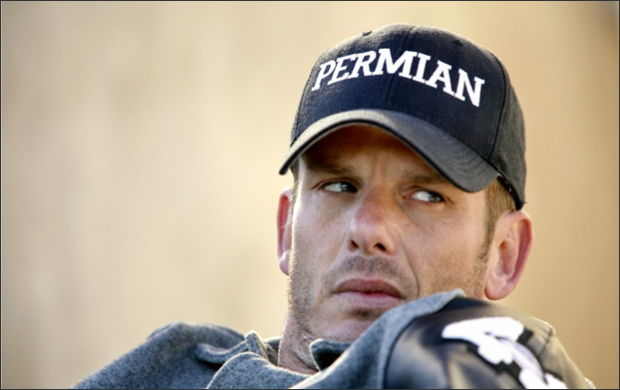
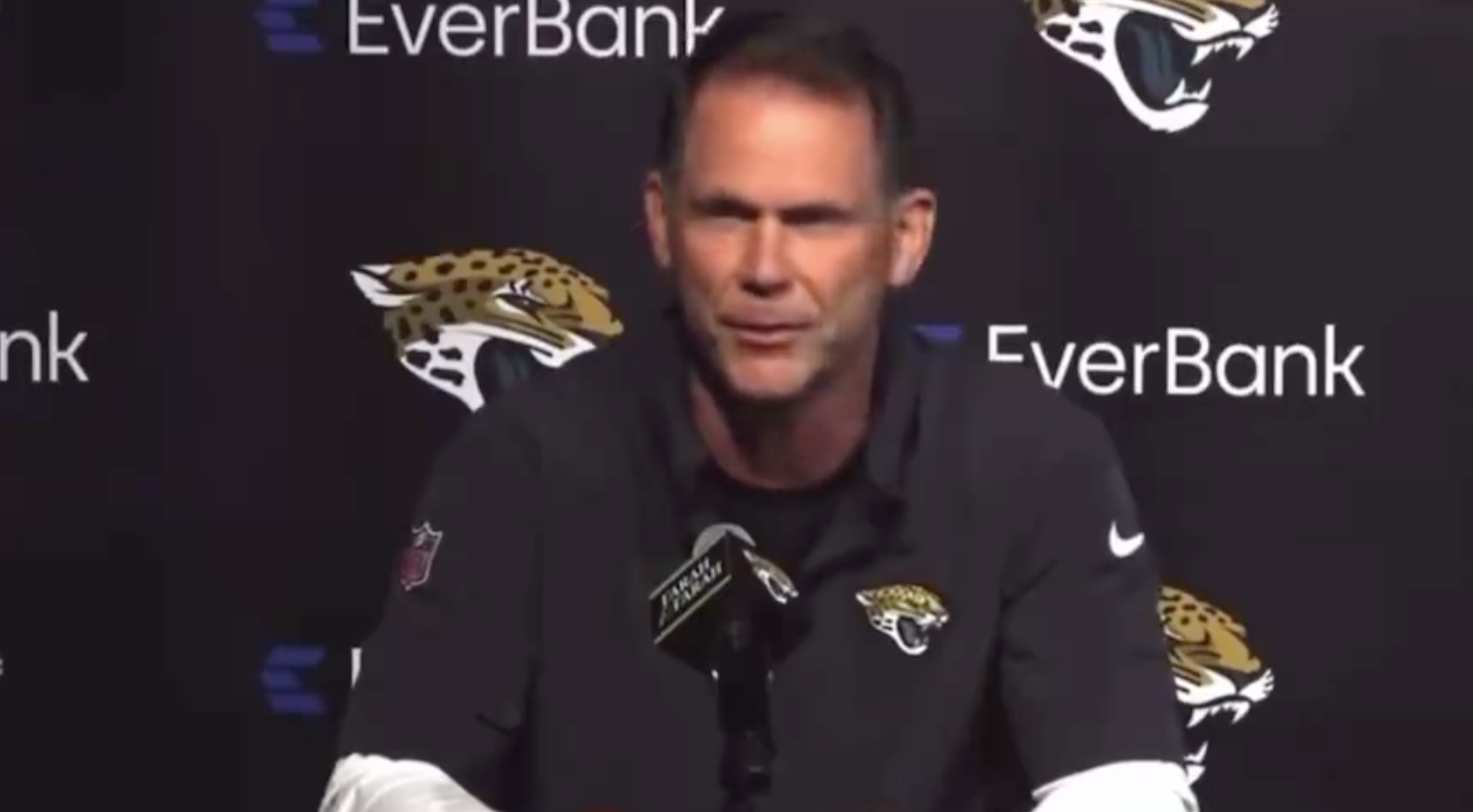
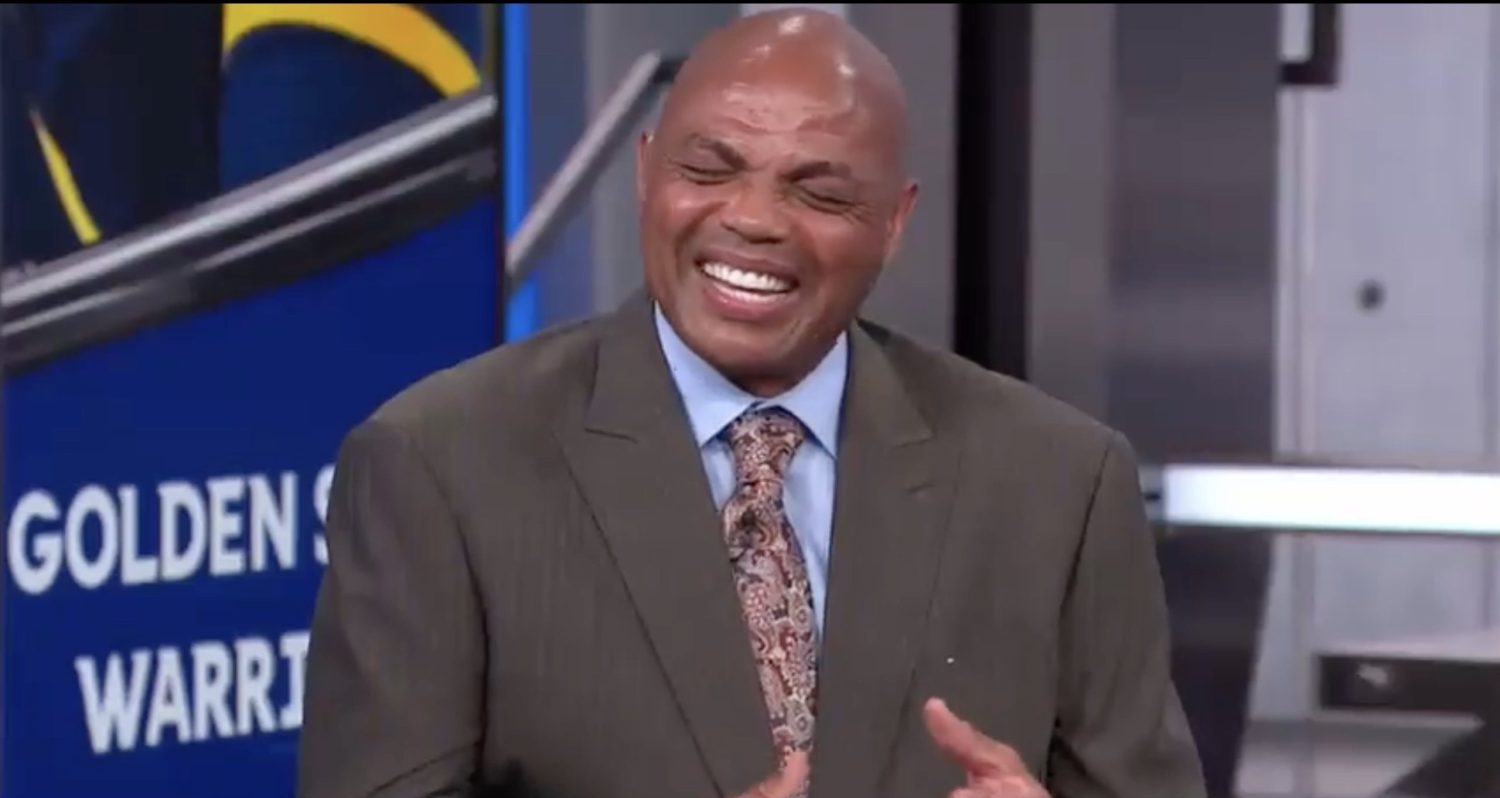
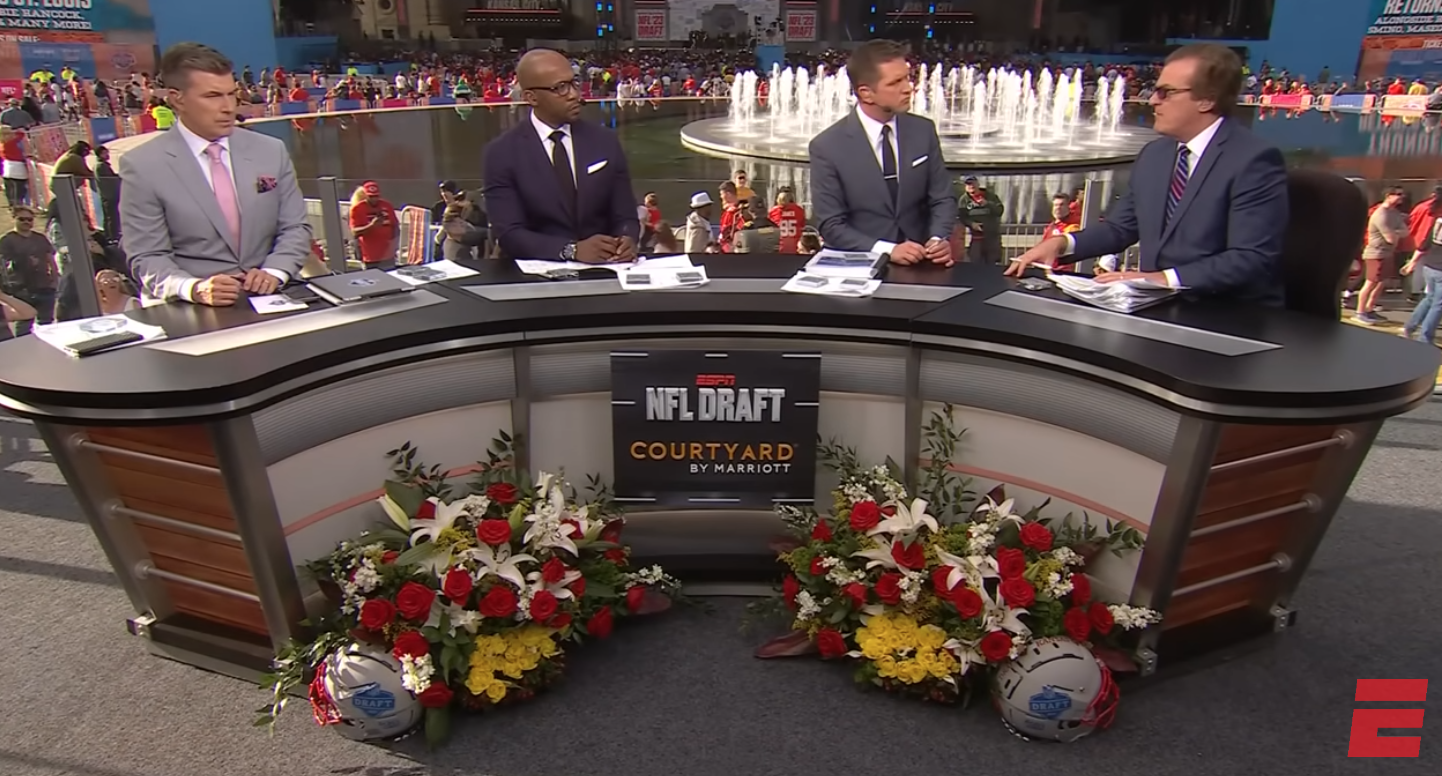
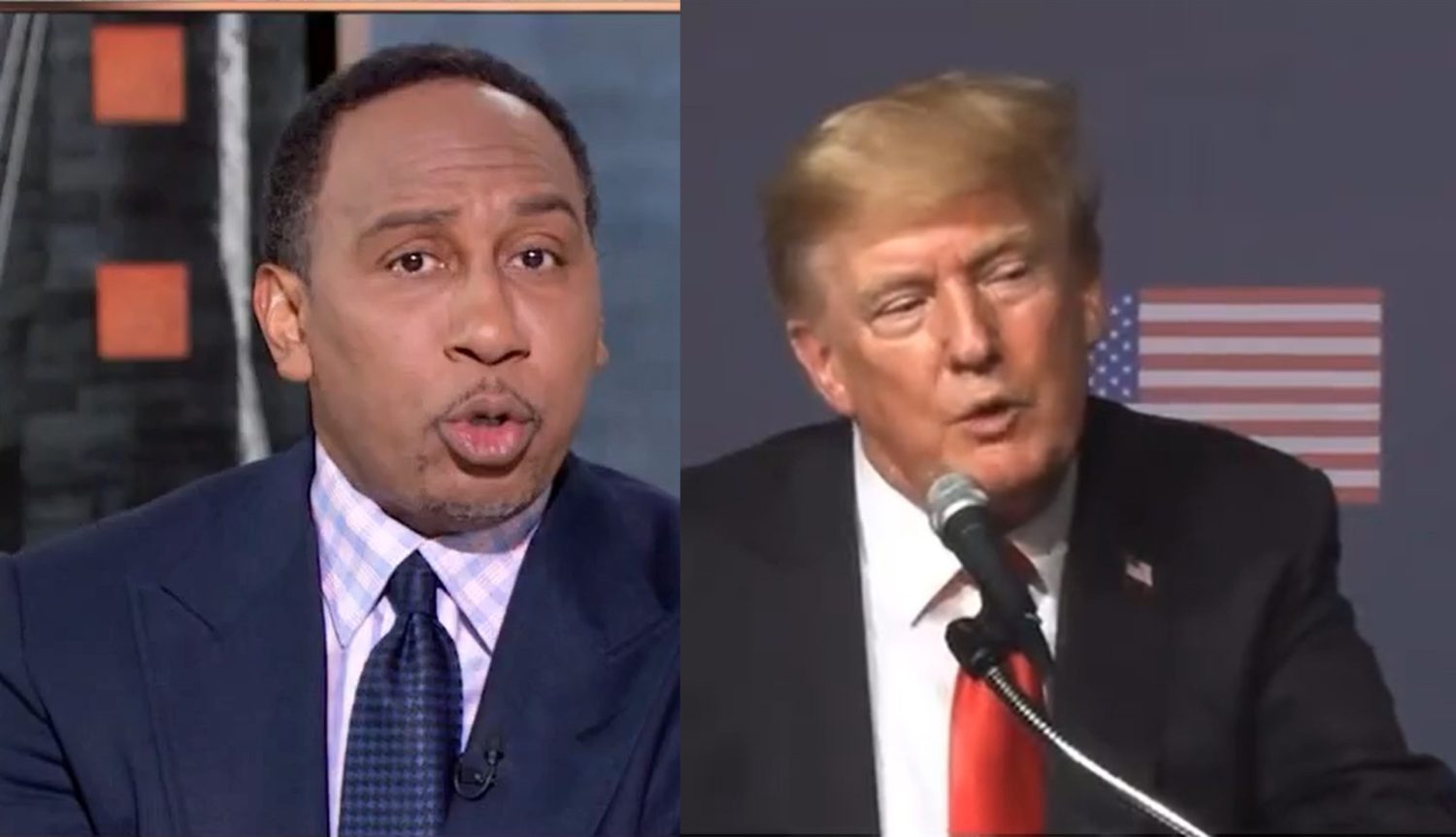
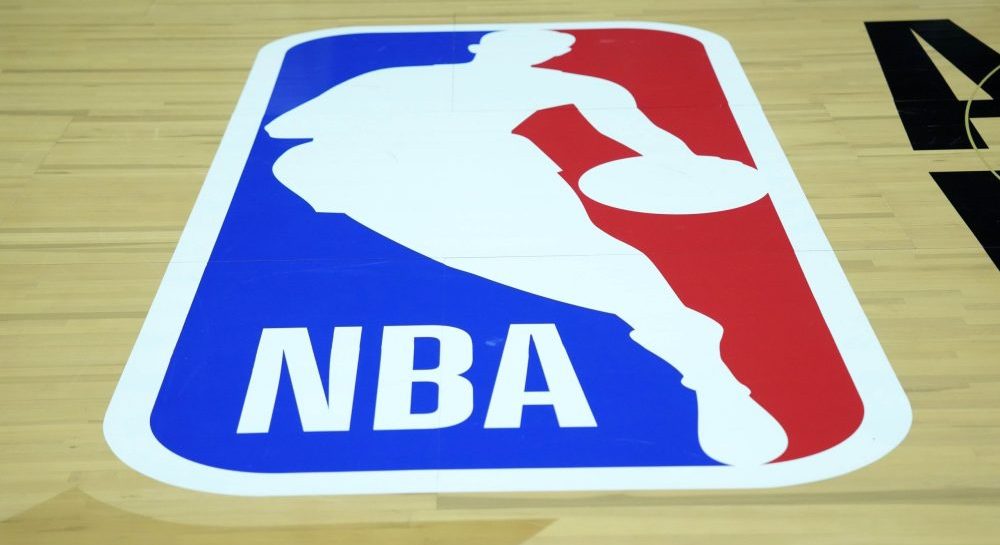
Comments are closed.